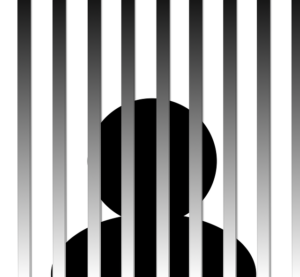04 Sep ABKLaw BLOG: Can the police Photoshop a mugshot before showing it to a witness?
BLOG from our #ABKLaw Partner Michael Jaccarino, Esq.: Can the police Photoshop a mugshot before showing it to a witness?
Continuing on our discussion from last week concerning the use of facial recognition software to identify suspects, another disturbing trend has developed in the area of suspect identifications. In Portland, Oregon, the police arrested a suspect and placed his mug shot in a photo array to show to eyewitnesses. However, there was a major problem. The suspect had tattoos all over his face and, according to witnesses and bank surveillance video, the bank robber had no face tattoos. So what did the police do with the tattoo’s mug shot? They used Photoshop to edit the photo and remove the tattoos. They then showed the photo to the witness, who promptly identified the suspect as the robber.
The defendant’s lawyer is, of course, asking the judge to toss the identifications. Many other legal activists and scholars became outraged. However, as the story became publicized, it became clear that this was not an isolated episode, and that police departments across the country use Photoshop to edit out distinguishing scars, tattoos or bruises. In fact, some criminal justice experts say that it is occasionally done to make the lineups fairer, and to not draw attention to a suspect with a distinguishing characteristic.
It becomes problematic, however, when law enforcement alters a photo to more closely match the description given by an eyewitness, which seems to be what happened in Oregon. Others are concerned that if police are allowed to alter photos, what would happen if they edited a photo to make the suspect look thinner or heavier, if they believed the suspect gained or lost weight after the crime. No matter the ruling in the Oregon case, considering the unreliability of eyewitness identification, we should strive to make lineup and photographic identifications as fair as possible, and to avoid anything that is more likely to result in a confused witness identifying an innocent suspect as the guilty perpetrator.

#NYLawFirm #NYAttorney #ABKLaw #CriminalDefense #TrialAttorney #Appellate #AttorneyDisciplinary #RealEstate #PersonalInjury #CivilLitigation



